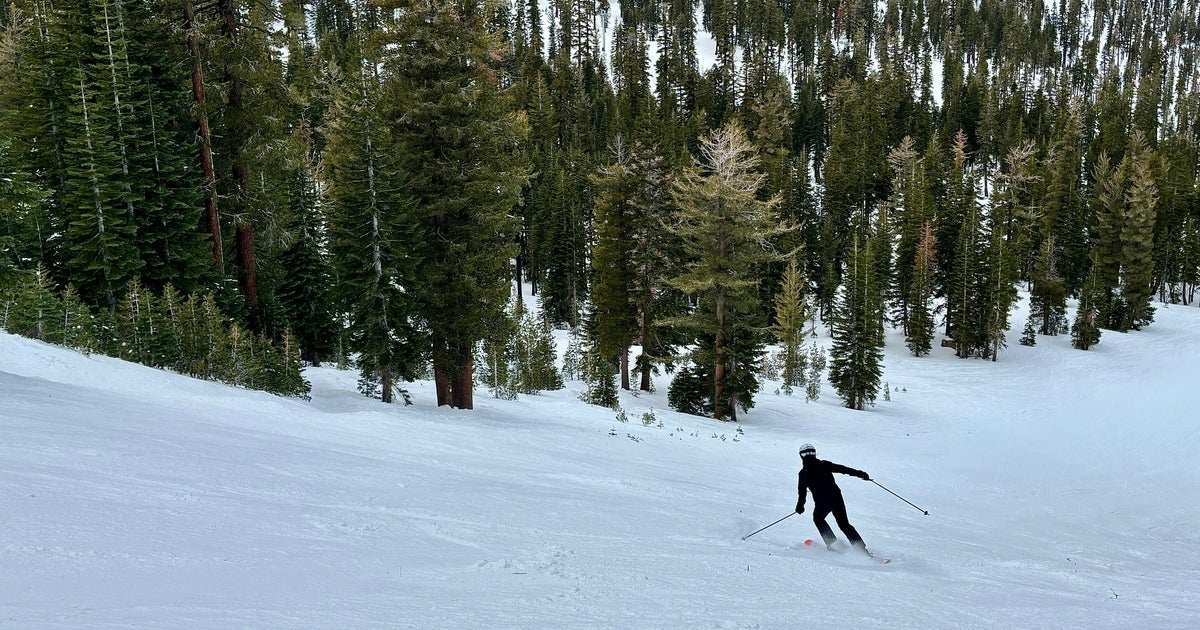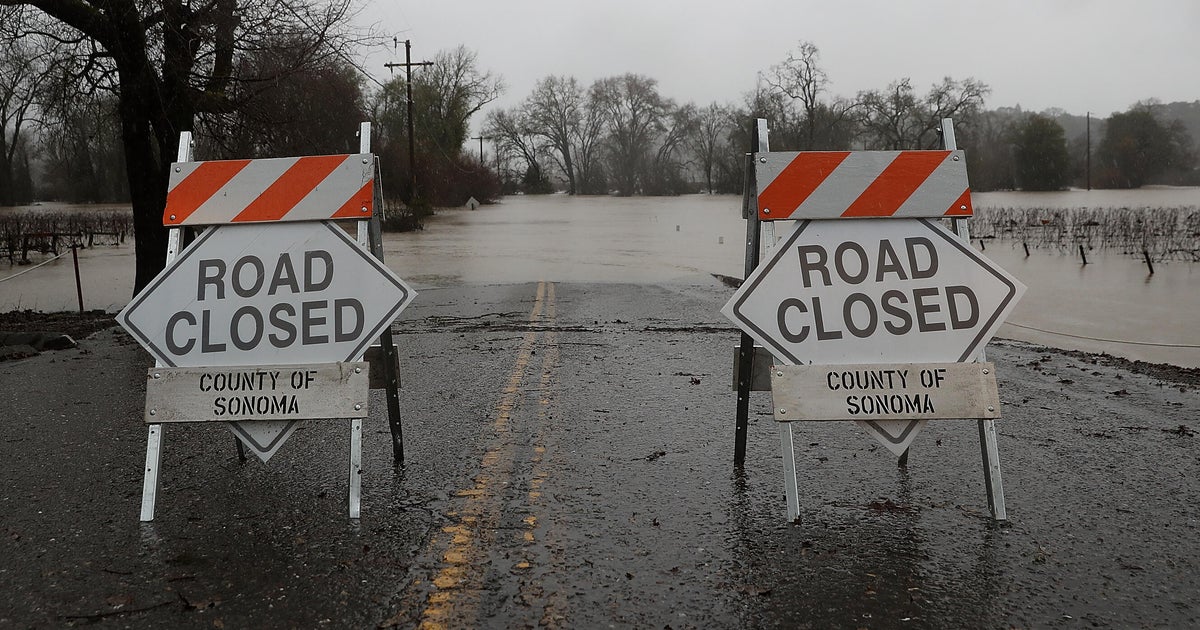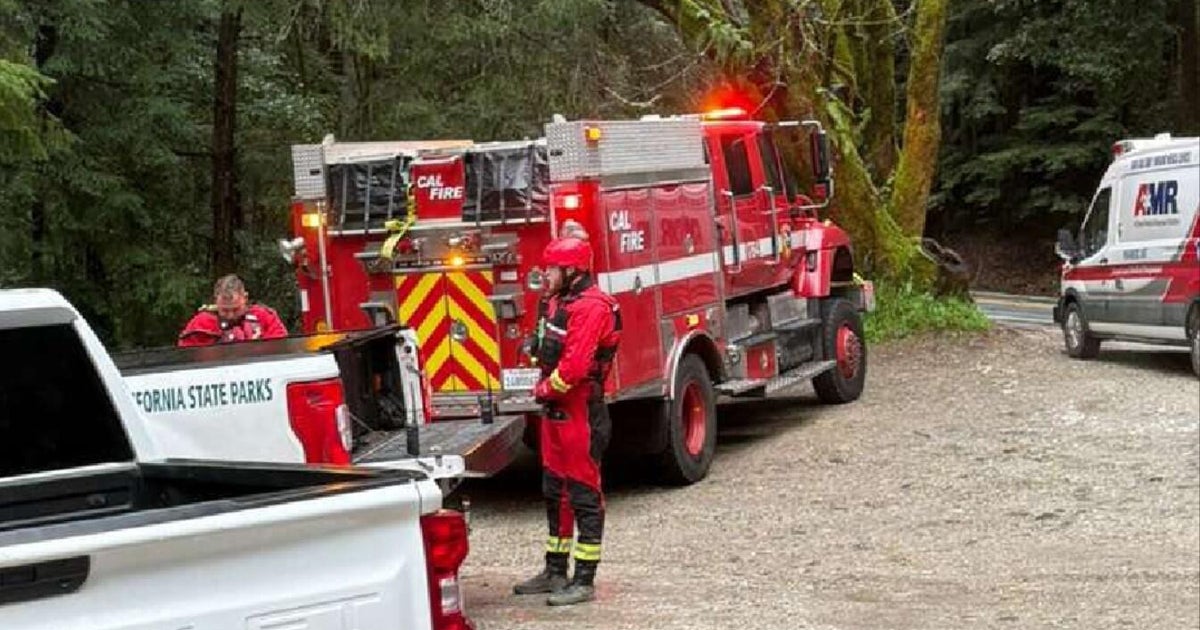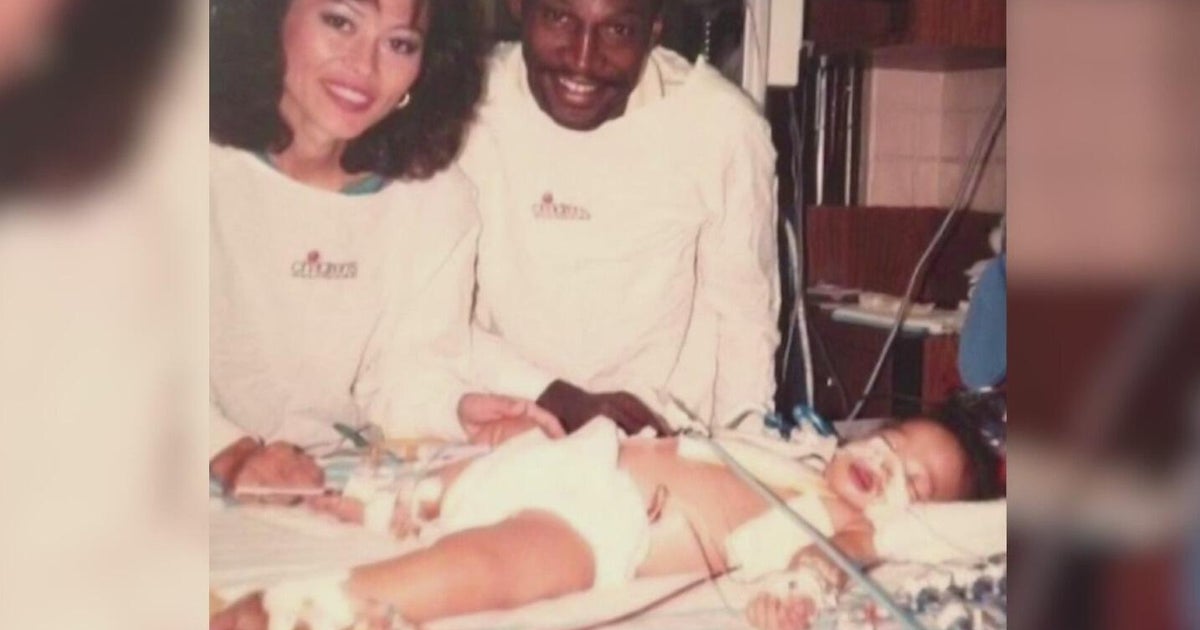Bay Area Patients Find Psychiatric Relief From Psychedelic Therapy
SAN FRANCISCO (KPIX) -- In the 1950s and 60s, psychedelic drugs including LSD and MDMA, were considered promising treatments for psychiatric conditions. But scientists involved in the U.S.-approved studies at the time tell KPIX News that -- as millions of young people experimented with them -- the federal government yanked permission to study psychedelics and imposed a ban on the substances.
WEB EXTRA: Writer Ayelet Waldman on Her Experience with Psychedelics
Now, KPIX News reports, psychedelics are poised to make a major breakthrough as a therapeutic agent that may help many suffering from life-threatening conditions and psychological traumas including cancer patients and military troops suffering from PTSD.
From a remote location in the shadow of Mount Tamalpais in Marin County, patients gathered to talk about their legal experiences with an otherwise illegal psychedelic drug.
"I went into the first real session and it just blew me away," said breast cancer patient Wendy Donner
In Berkeley, a former Federal Public Defender and Cal Law professor described her experience with a different psychedelic, also illegal.
"I was very pleasantly surprised that all I felt was - - -good!", explained Ayelet Waldman.
Then, in a home in El Cerrito, the husband of a cancer patient remembered the experience felt by his late wife, who was part of a clinical trial authorized to use a different illegal psychedelic.
"I just thought this is like a miracle," exclaimed Richard Vaughn.
After decades of disregard, scientists said once again, psychedelics are showing great promise as a therapeutic tool.
"It opens you up to yourself," said cancer patient Andy Gold.
With permission from the FDA, California researchers are studying psychedelics in patients with life-threatening conditions, such as cancer.
"Patients with cancer, particularly advanced cancer, have significant levels of anxiety, depression, and demoralization," explained UCLA Psychiatrist Doctor Charles Grob.
One such patient was Annie Levy who stopped enjoying her life when her ovarian cancer came back and she realized how her lifespan would be shortened.
"It just seemed.. like it was a nightmare, " her husband Richard explained.
Before she died, Annie enrolled in a pivotal pilot study at Harbor-UCLA Medical Center in Torrance.
Along with 11 other patients, she used psilocybin , a psychedelic found in so-called "magic" mushrooms.
After a single dose, her anxiety and depression disappeared.
"It was like someone had lit up a lightbulb in Anne's head. She was a totally different person.," explained Richard.
"No one had a bad trip," said Doctor Grob.
Dr. Grob headed up the study. The goal: to explore the safety and efficacy of psilocybin in patients with advanced-stage cancer and reactive anxiety.
The study was funded by the Heffter Research Institute of New Mexico. The Institute helps to design, review, and fund psilocybin research at prominent research institutions, such as UCLA.
Doctor Grob, who is on the board of the Institute, said the study was very successful. It was a double-blind, placebo-controlled study. All the patients were monitored before and during the treatment sessions. Each patient received a placebo and the active ingredient randomly assigned to be administered on different days.
Dr. Grob said while the psilocybin wears off in a few hours, the benefit lasted for up to 6 months: a single dose sustained the lasting benefit of an improved mood and outlook.
"The positive effects seems to sustain over a significant period of time," explained Doctor Grob.
This pilot study has now led to 2 other clinical trials: at Johns Hopkins University and New York University. In total, 92 participants were involved: all demonstrated statistically significant improvements with enduring positive effects for months after the single psilocybin treatment sessions ended. Researchers at the Heffter Institute expect to start the final FDA Phase 3 study sometime in 2017.
In Marin, in a different trial, psychiatrist doctor Phil Wolfson legally administered a moderate dose of a different psychedelic known as MDMA to a different group of patients.
"It's not addictive and we've never had a freak-out," said Doctor Wolfson. Wolfson is the principal investigator of the trail that's funded by the Multidisciplinary Association for Psychedelic Studies or MAPS for short.
Use of MDMA, sometimes called ecstasy, was combined with psychotherapy sessions.
All the patients with whom KPIX News spoke to agreed: They experienced a profound benefit and emerged better able to cope.
"With MDMA, everything opened up," said Wendy.
"You start seeing things very, very clearly." said patient John Saul. Saul was diagnosed with scleroderma.
"It just gives you a view into yourself that I never had before," added Andy.
As to how psychedelics work, these brain scans from healthy volunteers who took LSD may shed some light. The investigation was headed up by Doctor David Nutt, a British psychiatrist and neuropsychopharmacologist, now at Imperial College London.
Each volunteer took a sugar pill, and at a later date, took a common dose of LSD. Researchers then looked at the effect in the brain, using a functional MRI.
The brain under the influence of the LSD lit up like a proverbial Christmas tree.
With the hallucinogen, scientists believe disparate regions of brain communicate with each other when they normally don't do so. Psychedelics may indeed free your mind.
"Our psychological defenses often suppress material that is too painful that we don't want to deal with. and psychedelics bring that to the surface," said Rick Doblin, Doblin is founder and Executive Director of MAPS. MAPS is a nonprofit group based in Santa Cruz.
"What we're really trying to do is legitimize psychedelic therapy," said Doblin.
Doblin envisions a time when psychotherapists can legally carry a toolbox full of psychedelics.
"I think a lot of them will start out with MDMA which is the most gentle of the psychedelics and then it may move to more classic psychedelics like LSD or psilocybin or mescaline" explained Doblin.
But some individuals aren't waiting for the science. They are experimenting by self-medicating. Meet writer Ayelet Waldman.
"I thought if anyone in the world is going to have a bad trip, it's going to be me. I mean I can have a bad trip in a Pilates class," joked Waldman.
Waldman has a mood disorder. She fell into a terrible depression. Her prescription medication stopped working.
Out of desperation, for 1 month only, she took tiny doses of LSD.
"It's possible that I experienced the mother of all placebo effects, I had a very good month."
Waldman wrote about her experiences in a new memoir entitled "A Really Good Day."
Now she wants scientists to seriously study microdosing for mood disorders.
"Until we have more research, double-blind studies, using clinically evaluated LSD, we're not going to understand this drug", explained Waldman.
Fifty years ago, Timothy Leary advocated the use of psychedelics and told folks to "turn on, tune in and drop out".
But now growing evidence is suggesting under a doctor's supervision, you're not dropping out, you may be getting better.
The FDA just approved the Phase 3 trial for MDMA. MAPS officials hope the drug will be approved as a prescription medication for therapy by 2021. Researchers will begin screening applicants later this year for this last-stage trial.
LINKS:
Charles Grob, M.D.
http://www.harboruclapsych.com/charles-s-grob-m-d
Heffter Research Institute
http://heffter.org
Philip Wolfson, MD:
http://philwolfsonmd.com/News
Scleroderma:
http://www.scleroderma.org/site/PageNavigator/patients_whatis.html#.WJOvpU0zXRY
Multidisciplinary Association for Psychedelic Studies:
http://www.maps.org/about
David Nutt:
http://www.imperial.ac.uk/people/d.nutt
Rick Doblin, Ph.D.
http://www.maps.org/about/staff
Ayelet Waldman:
http://www.ayeletwaldman.com







